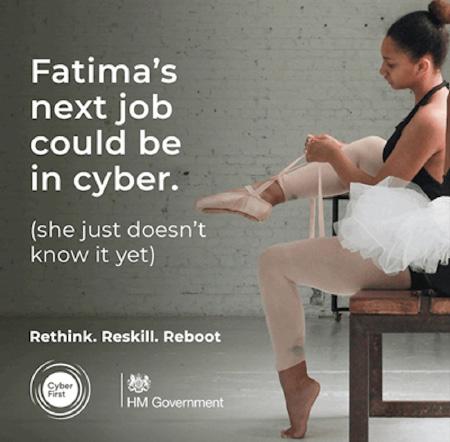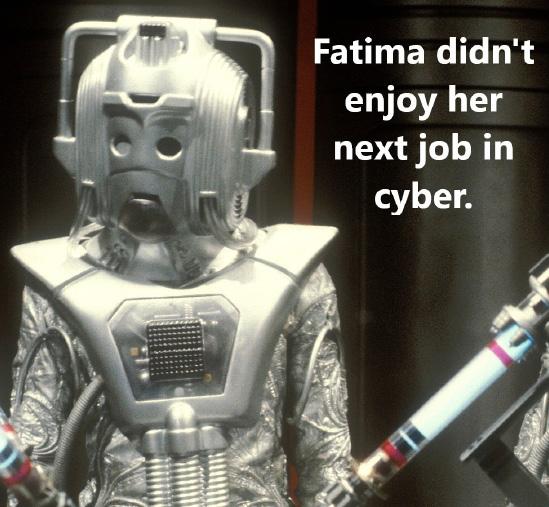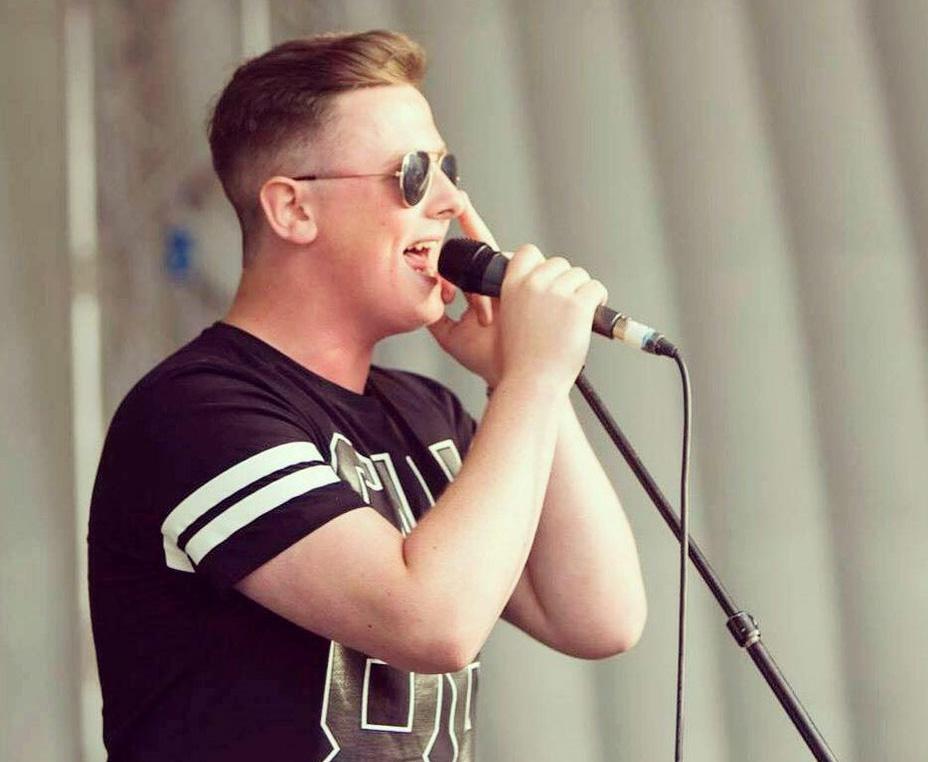
9 minute read
Charity launches t-shirts to support refugees in
Standing in solidarity
SolidariTee, an international student-led charity, has launched a new t-shirt in a campaign to support the refugee crisis.
Advertisement
The group has a presence at 53 universities across six countries and the University of Liverpool has recently joined the campaign. The charity has now revealed this year’s printed t-shirt in a bid to raise money for refugees and asylum seekers internationally.
The charity was founded in 2017, by Tiara Sahar Ataii, a first-year student at the University of Cambridge.
It began after Tiara volunteered with a Non-governmental Organisation providing legal aid in Greece and decided she wanted to raise funds for the refugee crisis.
Using her student loan, she had t-shirts printed to sell around campus and eventually the campaign spread to other universities.
Over the first two years of campaigning they reached donations and sales of over £43,000.
The charity emphasises the importance of supporting refugees that are left with no choice but to flee dangerous conflict and war zones, who are then put in inhumane conditions in over-crowded and dangerous makeshift camps across Europe.
SolidariTee offers grants to individuals and NGOs, to provide legal-aid for refugees and asylum seekers to gain the right to education, accommodation and healthcare.
The charity uses refugee or refugee-inspired artwork as the basis for
By ROMY WILSON
their t-shirt designs.
The inspiration for this year’s t-shirt design came about following a trip that Alexa Netty, SolidariTee’s executive director, took to find out more about the work NGOs were doing in Thessaloniki, northern Greece.
Alexa came across a life-sized design in a community centre called Elpida Home and said: “I was immediately really moved that it had been created by a group of refugees and asylum seekers as part of an art workshop, with each person standing against the wall in a different pose whilst the others traced their outline on the paper.
The group then coloured in the overlapping segments of the outlines to create a unified design, which, to me represented the diversity of histories and experiences amongst the refugee and asylum seeking community, and yet the connectedness of a shared experience of being forced to flee one’s home, something no one should ever have to experience.”
MPs including Caroline Lucas, Johnathon Bartley, Tim Farron and Jeremy Corbyn have shown their support for the campaign.
Now more than ever, due to the Covid-19 pandemic, refugees and asylum seekers are in desparate situations requiring financial and physical support from NGO’s.
Poppy Cleary, 21, head representative of the University of Liverpool’s SolidariTee team, said: “Greek Asylum Service closed for several weeks, upon reopening we were dealing with unprecedented levels of need."
This has made the day-to-day running of things even more difficult than it was before for them, so SolidariTee hopes to be able to raise even more money to provide them with more assistance in working through the backlog.
She added: “In March, a grant of £10,000 was provided to Kitrinos Healthcare. "Kitrinos is a medical aid NGO working on an emergency COVID-19 preparedness plan in Moria camp, which was at the time home to over 20,000 asylum seekers, on an island with just three ICU beds.”
Poppy says that a great way to educate yourself on the refugee crisis is making sure “you look at a variety of news sources and how the refugee crisis is being reported, and look out for what information is missing and what media outlets might not be telling you”.
She said: “By understanding the refugee crisis better, it is then much easier to speak to family and friends about what is going on; if you are informed it’s much more likely someone will listen to you.
“Also, you can look out for petitions to sign on a variety of matters and posting things on your social media profiles about the refugee crisis shouldn’t be underestimated in its effectiveness."
Poppy added: "You never know

The original advert campaign that was posted to the Government website.





Rethink, reskill, reboot, ridicule!
By SARAH TAYLOR
Anew Government campaign, encouraging cretive workers to retrain in the technology sector, released this week has been extremely controversial, with many labelling it “insulting” and “insensitive”.
The current concerns over the state of jobs in the arts has been worrying for many, and with little help from the Government, many feel this is yet again rubbing salt deeper into the wounds.
Social media exploded with people expressing their anger towards the advert. Some even pointed out that the photo of the ballerina was not shot by the Government, yet licenced from a photographer.
Liverpool based @GuyTweetsALot on Twitter said: “They just licenced this photo from a photographer based in Atlanta, GA. So she’s not Fatima, she’s not from the UK, and most definitely will not be getting her next job ‘in cyber’. I hate everything about this ad”.
However, anger soon turned into hilarity as multiple remixes of the picture were created, with the Government coming under fire and getting ‘new jobs’.
Some ran with the scandal of Dominic Cummings driving to Barnard Castle back in April, giving him the job of a “tour guide” or that he should work in “Specsavers”. Others hinted that the Prime Minister Boris Johnson could be getting “sacked” very soon but “he just doesn’t know it yet”.
Plenty of ‘memes’ were created in response to the advert.


Even Doctor Who villains got in on the act...
Musicians in fight for the future
By CHLOE O’CONNOR
Anxious artists are calling for help to save their future, saying they believe they are being left at the bottom of the pile in terms of the government’s priority list.
Arts professionals are feeling the pinch of the lockdown restrictions, with some having had to sell their houses and move back in with their parents after dedicating years of their life to the creative arts and entertainment industry.
The government’s latest restrictions have meant that performances such as concerts and pantomimes are put on the back-burner, while trying to fight off the coronavirus. But many feel as though they are not being given the support they so desperately need.
Restrictions include a one metre minimum social distancing rule, required face masks in any indoor setting and a track and trace system.
Senior systems engineer for Ablib Liverpool, James Coghlan explained that under the flexi-furlough system he has only worked four days since March.
The 28-year-old said: “It was very surreal. Obviously, everyone there was wearing PPE, but it was a glimpse of what might be able to come back but only with the right targeted support from the government. Our turnover is down 95% and we’ve had to make 56 people redundant, which is one third of our workforce.”
The government announced a grant for the entertainment industry in July, offering a £1.57 billion emergency support package. It was said to be “the biggest ever one-off investment in UK culture.”
Prime Minister Boris Johnson said: “This money will help safeguard the sector for future generations, ensuring arts groups and venues across the UK can stay afloat and support their staff while their doors remain closed and curtains remain down.”
This grant is accessible to many across the country but according to the senior engineer, from Cambridge: “The grant has been a huge help to certain small venues, but a large majority has been given to museums and churches.”
He went on to explain that he has friends who have had to sell their houses and friends who have had to move in with their parents. They are all freelancers who have been missed Local artist, Shea Doolin by this targeted support. They are people who still have bills to pay and to be a growing level of anxiety in a business to run but without any performers. income to pay those bills they have Local solo artist Shea Doolin got had to take out loans and sell their lucky in the last lockdown and used houses. his savings to survive; he expresses
As Liverpool enters the tier-three his concern for his future mental state band for restrictions there now seems and financial situation if the country has to fully lock down again. The 22-year-old said: “I don’t want to get in trouble, but the government didn’t make it very obvious about what we’re supposed to do when we come back. “Us musicians were the last to go back and having no income for a lot of months meant it was very tough. I used to have six to eight gigs a day now I have one or two a week. I’ve got loads of bills to pay. I know I’m in a bad place, but I know musicians who have families to support. I feel let down.” It’s not just those in the music industry who have concerns for the future. City Entertainment group owner Barry Ley, writer and mentor, explained his worries regarding his show in January, as he doesn’t know if the public will be confident to go


Photos © Shea Doolin
outside and watch a performance so soon. His company sells theatrical scripts and offer mentoring and consultation classes.
The 41-year-old said: “To be seen at the bottom of the chain is awful and it will take time for it to rebuild. I think it needs a five-year-plan now, but we also have to be proactive as well and follow the restrictions.”
The mentor has been actively trying to bring attention to this issue and took part in a virtual protest week that meant all performers in the art industry had to post on social media a picture of them in action with the phrase “#savethearts”.
Barry has suffered a lot of financial loss during this lockdown and has only in the last few weeks started to sell his scripts and offer consultation again. The theatre networking enthusiast tries to stay positive in such difficult times.
He said: “I know the sales will happen again over the next few months and into the new year. You’ve got to become a realist. Take the hit, take the knock, but you’ve got to get back up.”




